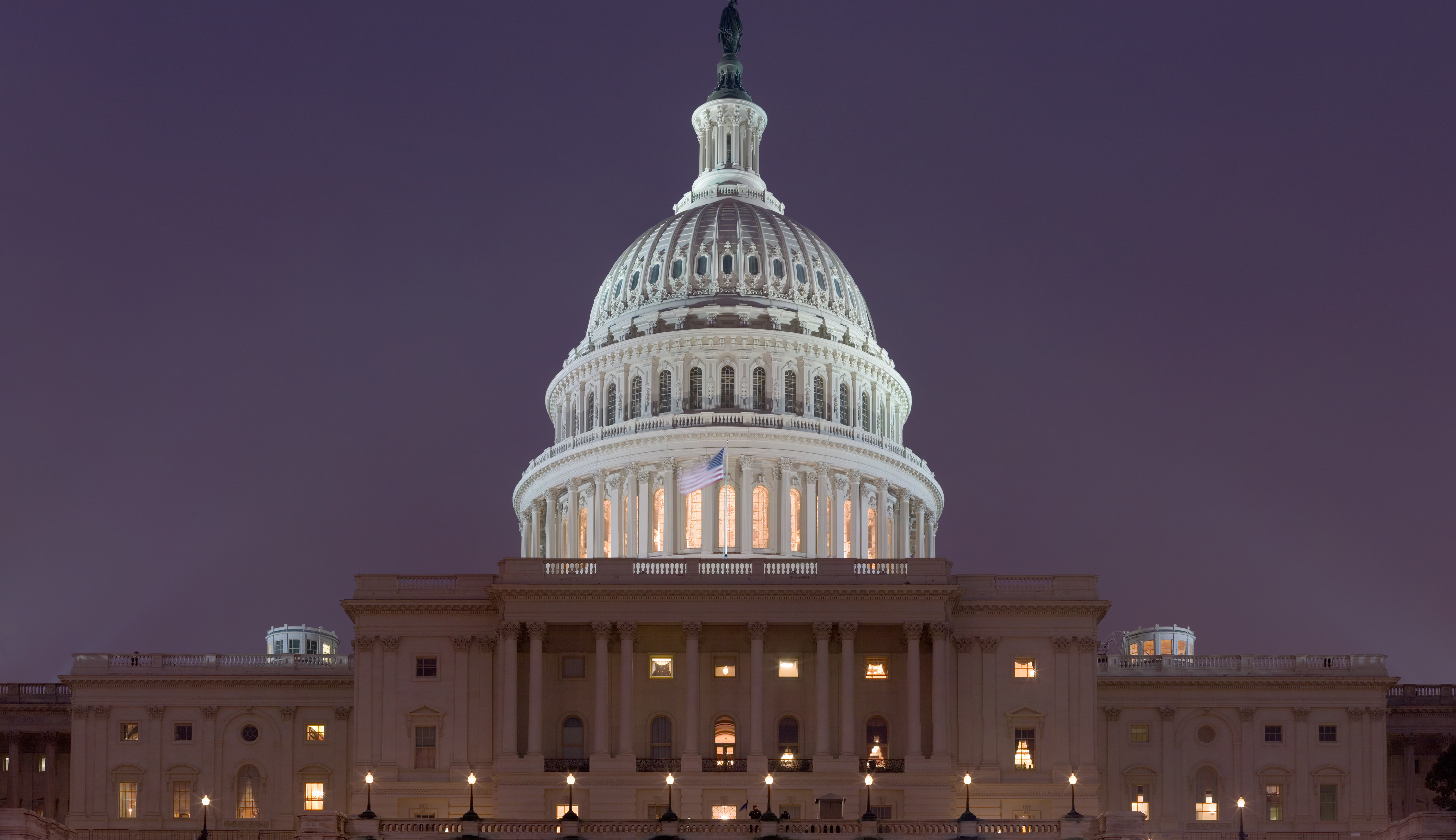The sequestration process has received a lot of press in the at-large media and here on BPR. Still, I would like to devote this week’s column to talk about how the process costs not just in money, but in time, too.
Eventually, I would guess, the sequester will be undone. The cuts are too imprecise and hurt too many constituencies to be allowed to stand indefinitely. Newspapers already report airport delays and slowdowns at meat processing plants because of furloughed air traffic controllers and USDA inspectors. Recall that the sequester exists because it was an incentive for the bicameral budget Super Committee to reach a much better deal. The sequestration was meant to be as bad and painful as possible.
However, until the parties strike a deal on this, the nation has to live with sequestration. The lack of respect for other people’s time involved in letting the sequestration happen just shocks me.
Every state has had to come up with contingency plans for the sequester – if the sequester lasts a week, a month, three months. Then, every locality has had to as well. Every agency reliant on federal funding and federal grants has to slow down or stall for a while.
This means, state budget directors, governors, mayors, planners, all the decision makers in the country have diverted their attention from pressing problems. Assuredly, they started making contingency plans a couple weeks ago and will keep having to stall and wait until the sequester is over. Economics has a concept called opportunity cost. Simply put, whenever you expend resources on something, you give up all the other things you could have done with those resources. If you spend a week of congressional time on the sequester, all of the legislation that could have happened is the opportunity cost. At the state and local level, all of these mayors, planners, agency heads, and workers spending their time worrying and waiting because of the sequester – a totally contrived emergency – creates a massive opportunity cost. All of these people could have been doing their jobs and moving their agencies, towns, and states forward. The sequester imposes a massive opportunity cost on society as a whole.
Think of all the federal programs that affect Providence and every community – education funding, Housing and Urban Development grants, Head Start funding, Department of Transportation funding, EPA monies, NIH research grants to the universities. Nearly every mayor in Rhode Island opposes the sequester and asked congress not to allow it to happen.
Lots of smart and talented people in Rhode Island and across the country will be forced to just spin their wheels while Washington gets its act together.
Image Credit: Diliff, US Capitol Building at night Jan 2006, CC BY-SA 3.0
